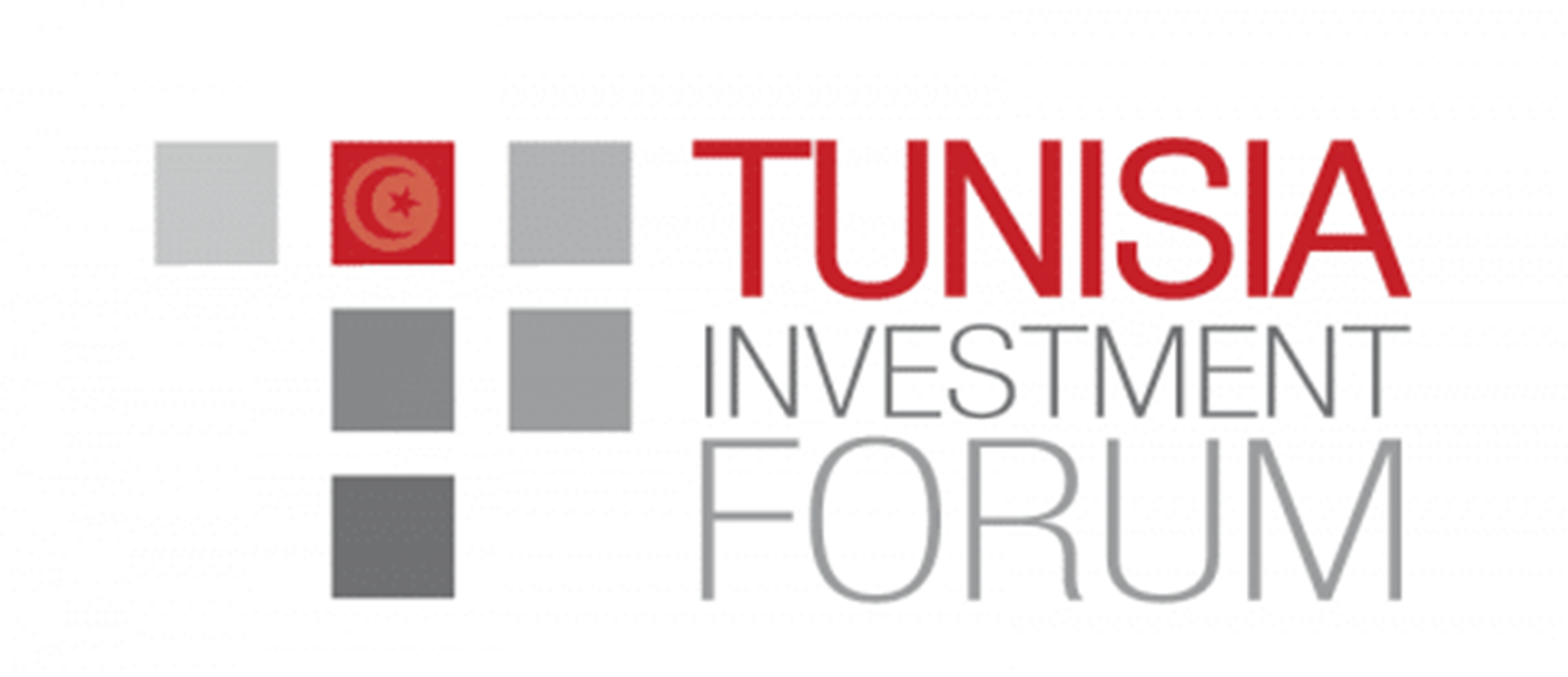Menu



FIPA-Tunisia 2024. All rights and photo credits reserved Numeryx Tunisia
Agriculture is emerging as the major pillar of the region’s local economy, taking advantage of the abundance of hydraulic resources mobilised for the creation of fertilised areas, the rehabilitation of oases, and the production of early vegetables using geothermal energy.
Agricultural diversification includes vegetable crops, animal farming, and significant date production, notably Deglet Nour variety, representing 55.1% of the national production. Covering an area of 22,454 km², the region is home to a population of 156,900 inhabitants, with a demographic growth rate of 0.8%.
● 24 companies employ 10 or more employees, 16 of which are totally exporting companies.
The unique benefits of the dry climate result in an early production of organic products, characterising several species of arboriculture and allowing for off-season production. The Kebili region benefits from a notable storage capacity between Tozeur and Kebili, strengthening its role as a strategic agricultural centre. This infrastructure contributes to the preservation of crops and market stability and to consolidating the economic position of the region.

Kebili, in pursuit of balanced development, has established a solid infrastructure. The electrification rate and access to drinkable water, essential for daily life, are well ensured, with initiatives such as the creation of fertilised areas and the rehabilitation of oases. For land transportation, the region is connected by an extensive network of national, regional, and local roads, facilitating the mobility of residents and the transportation of goods. Telecommunications and postal services, pillars of modern connectivity, are also well developed, strengthening communication and access to information.
With four existing industrial zones, including the Kebili Industrial Zone on the Route to Tozeur, the El Golaa Industrial Zone in Douz, the Souk Lahad Industrial Zone, and the Douz Industrial Zone, Kebili provides favourable spaces for the establishment of industrial enterprises. These zones not only serve as economic activity centres but also symbolise Kebili’s commitment to economic diversification and job creation opportunities.
Immerse in a diverse educational horizon, ensure accessible medical care, discover the tourist excitement and appreciate the vocational training initiatives that are building the future of the region.
● The region is fully committed to education with a network of 78 primary schools, 67 nurseries and children’s clubs, as well as 39 high schools and secondary colleges, including 7 private schools. The Higher Education Institution ISET completes this educational landscape.
● Healthcare is addressed through a regional hospital, basic health centres, a clinic, and a network of 16 pharmacies. A ratio of one doctor for every 2,317 inhabitants highlights accessibility to medical services.
● The tourism sector in this region is competitive, welcoming visitors from around the world to its 22 hotels. Handicrafts, with its 2 training centres, contribute to preserving local traditions and training new generations in the crafts of hand weaving, clothing, leather and shoes, as well as fibre crafts.
● The region also invests in vocational training, with 2 centres dedicated to developing diverse skills aligned with the needs of the job market. These centres play an essential role in preparing individuals for diverse careers and the evolving economic sectors.
This diverse environment strengthens the social and economic structure, making the region a place of opportunities and fulfilment for its inhabitants.


Agency for the Promotion of Industry and Innovation – APII
Established in 1972, APII is a public institution under the supervision of the Ministry of Industry, Energy and Mines. It is responsible for implementing government policy relating to the promotion of the industrial sector and innovation. The APII is the main point of contact for investors regarding the legal constitution of companies and the management of financial and fiscal benefits.
APII services
The One Stop Shop, ISO 9001 certified, provides most of the APII services for the company
● The provision of certificates for the submission of investment project declarations
● Carrying out the formalities for the establishment of companies.
● Assisting with the establishment of companies.
Agricultural Investment Promotion Agency – APIA
APIA is a public institution established in 1983, with the principal mission of promoting private investment in agriculture, fishing and associated services.
APIA services
● Granting financial and fiscal benefits established by the Investment Law No. 2016-71 to promoters of agricultural, fishing, and related services projects, as well as projects involving the primary processing of agricultural and fishing products.
● Identifying investment opportunities and project ideas to be promoted by Tunisian and foreign private operators, thereby contributing to the achievement of national objectives assigned to the agricultural sector.
● Assisting promoters in the preparation of their investment files and providing guidance during the implementation phase of their projects.
Agence Foncière Industrielle – AFI
The Industrial property Agency is a public organisation established in 1973 to strengthen the industrial network and contribute to the economic and social development of Tunisia.
AFI services
● The creation and development of industrial areas equipped with the amenities necessary for the implementation of industrial projects.
● The construction of modular industrial premises and their provision to Tunisian and foreign investors.